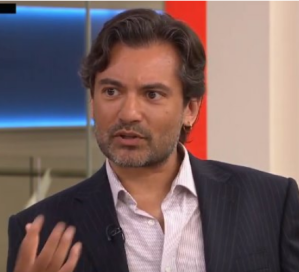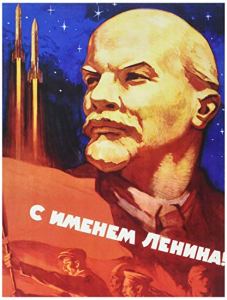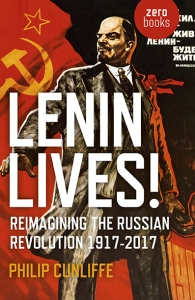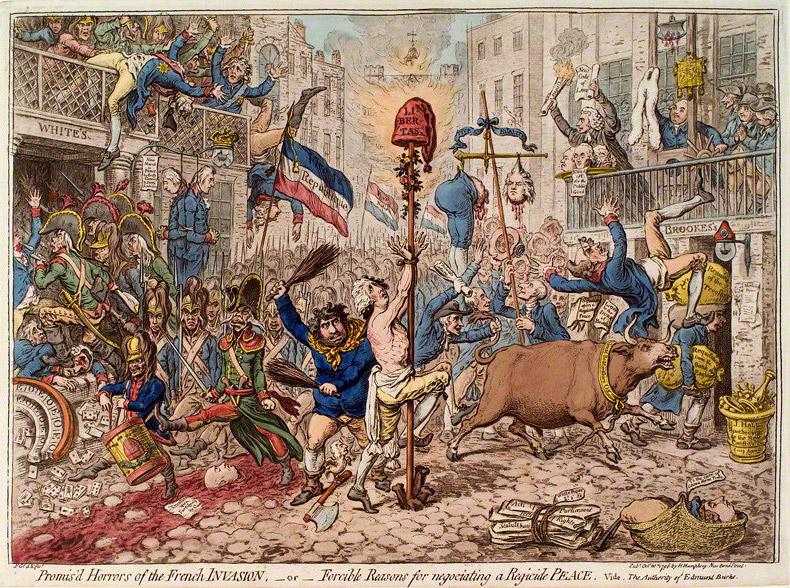The second post in our symposium on Chris Rossdale’s Resisting Militarism: Direct Action and the Politics of Subversion (Edinburgh, 2019), currently discounted with use of the code NEW30 at the EUP site. Today we feature Erica Chenoweth, the Berthold Beitz Professor in Human Rights and International Affairs at Harvard Kennedy School, where they research and teach on international politics, social movements, and political violence and its alternatives. Erica directs the Nonviolent Action Lab at Harvard’s Carr Center for Human Rights Policy, where they study how people can create transformative social and political change using creative, disruptive, people power. They are currently writing a book with Zoe Marks on the role of women’s frontline participation on the outcomes and aftermath of mass movements over the past 120 years. Erica is the author of Civil Resistance: What Everyone Needs to Know (Oxford, 2021), co-editor of Civil Action and the Dynamics of Violence (Oxford, 2019) with Deborah Avant, Marie Berry, Rachel Epstein, Cullen Hendrix, and Timothy Sisk, co-editor of the The Oxford Handbook of Terrorism (Oxford 2019) with Richard English, Andreas Gofas, and Stathis Kalyvas, co-author of The Politics of Terror (Oxford, 2018) with Pauline Moore, and co-author of Why Civil Resistance Works (Columbia, 2011) with Maria J. Stephan. Erica also co-hosts the blog Political Violence @ a Glance and is an occasional contributor to The Monkey Cage, where they publish regular reports about trends in US protest, counter-protest, and state response based on data collected with Jeremy Pressman through the Crowd Counting Consortium. Further posts and a rejoinder will follow this week; all will be collected for future perusal here.
I thank Chris Rossdale for the opportunity to read his excellent book, Resisting Militarism: Direct action and the politics of subversion, and I am glad to engage with his ideas here. The book recounts the current state of the UK’s anti-militarism movement, as well as debates and faultlines within the movement. This is also a book written for a movement by one of its protagonists. Rossdale is motivated to study the anti-militarism movement as a participant and observer of the movement so as to better resist militarism (p. 8). It is a critical read for those concerned with anti-militarism, the peace movement, and broader debates within progressive and radical left movements more generally.
At the outset of the book, Rossdale defines militarism as “ ‘the social and international relations of the preparation for, and conduct of, organized political violence’ ” (p. 3, quoting Stavrianakis & Selby 2013). Rossdale views anti-militarism as “a particular politics which seeks to reveal, disrupt, and subvert the social processes through which violence is made possible. It is an ethic of resistance, which recognizes that its task is never complete, and that it must adapt to new forms and sites of militarism just as militarism adapts to new constellations of resistance” (p. 270). The book therefore emphasizes prefigurative politics—the process of creating and negotiating intentional relationships between those involved in the movement to experiment with new and equitable political realities.
Rossdale’s autoethnographic approach adds credibility to the work, and it provides numerous avenues for engaging directly with key fault lines and movement dynamics that might otherwise be easy to overlook from a distance. The book is chock-full of useful reflections about what motivates (and what ails) the contemporary anti-militarism movement in the UK in ways that resonate far beyond the anti-militarism struggle in this case. The book is important and well-researched. Rossdale should be commended for his thorough citation practices, as well as his engagement with a variety of critical approaches—particularly those of queer theory and feminist theory. The book makes numerous productive critiques about the anti-militarist movement’s need to overcome its perpetual whiteness and to center the most vulnerable in the movement’s articulation of its vision and in participants’ relationships with one another. It is also very productive that Rossdale keeps the focus on the largest sources of violence—state-led violence and the military industrial complex—while advocating for the interpretation of violence in context.
Taking Rossdale on his own terms, I first make one general observation, and then I engage with three unresolved issues that arise over the course of the book.
Continue reading

 A new post in our loose
A new post in our loose 






